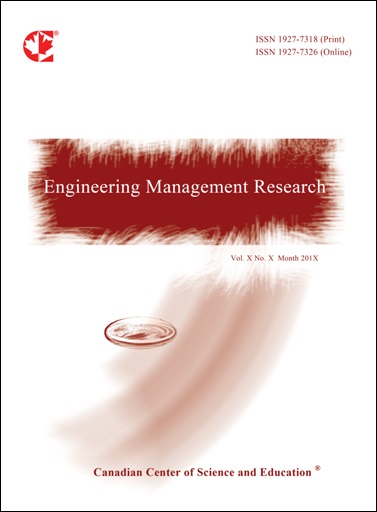Consultants’ Perspectives on Materials Waste Reduction in Ghana
- Kofi Agyekum
- Joshua Ayarkwa
- Emmanuel Adinyira
Abstract
The construction industry is responsible for producing a whole variety of waste, depending on factors such as the stage of construction, type of construction work and practices on site. This paper reports on a study to assess the level of contribution of some waste minimization measures to waste reduction, and the level of practice of such measures in the Ghanaian construction industry. A structured questionnaire survey was conducted to elicit views of consultants on twenty six waste minimization measures. Data obtained from the study were analyzed using descriptive analysis, where minimization measures were grouped under high, medium and low levels of contribution and practice. The results showed that out of twenty six waste minimization measures, purchasing raw materials that are just sufficient, using materials before expiry dates and using more efficient construction equipment are perceived by consultants as those with high level of contribution to waste minimization, and also those which are highly practiced. The results further showed that encouraging re-use of waste materials, use of low waste technology and recycling of waste materials on site are considered as measures with low level of contribution to waste minimization and also low level of practice. The findings from the study present the Ghanaian construction industry with measures which significantly contribute to materials waste minimization on construction sites. The adoption of these waste minimization measures could yield great cost savings to the construction industry and prevent environmental degradation.
 PDF
PDF
